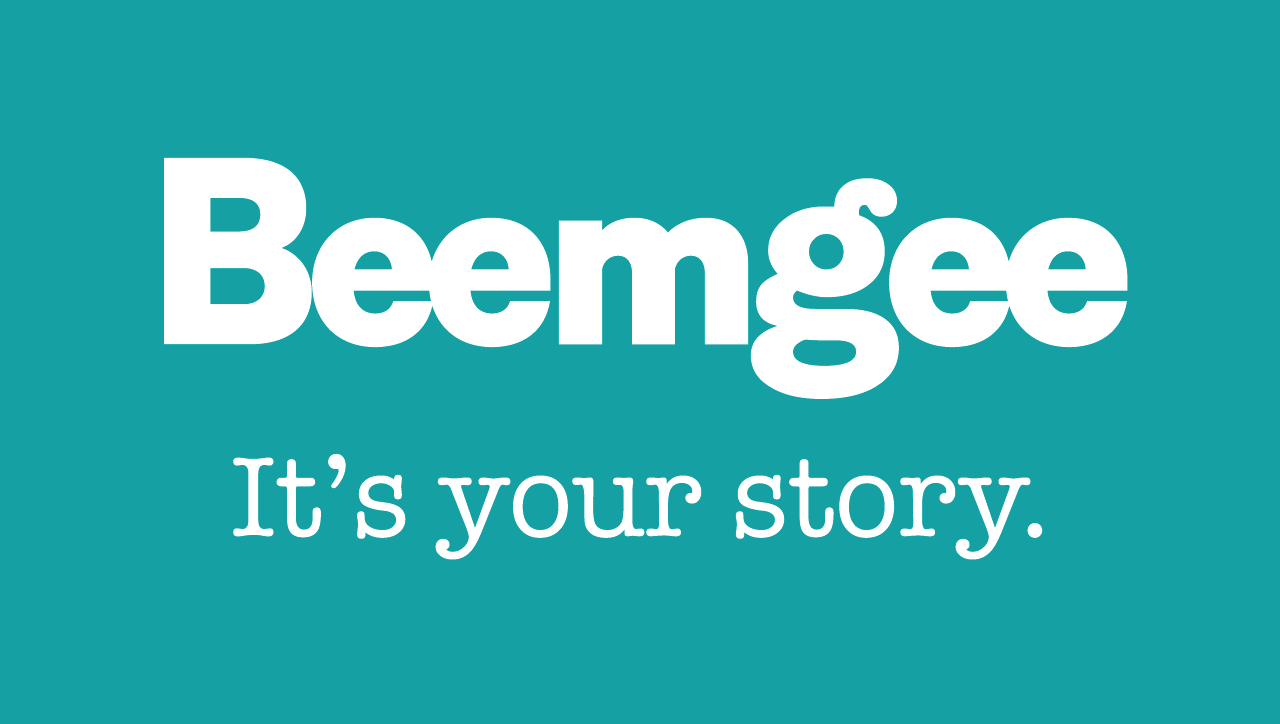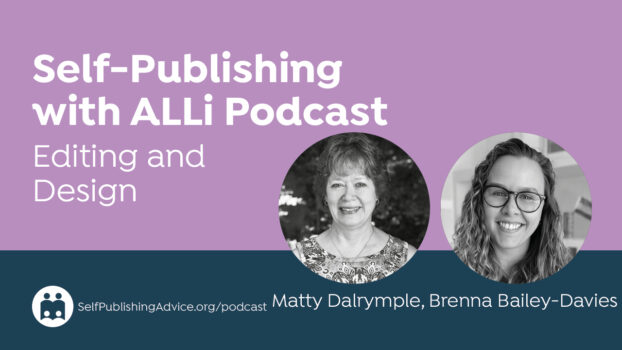
Olaf Wielk of Beemgee
Olaf Bryan Wielk of www.beemgee.com explains how fiction writers can improve their plotting by what might at first glance seem a counterintuitive route: by concentrating on their characters.
Authors need to be able to write well. That’s a given. Fiction authors also require another skill-set: the ability to compose an engaging narrative.
Call it dramaturgy, structure, or simply storytelling – it is a craft.
It is therefore something you can study and learn. It’s about building plot, developing characters, and, as we saw in my previous guest post for ALLi, creating an emotional response in readers. Do it right, and the chances of your grabbing and keeping your readers’ attention and giving them an experience they won’t forget are much higher than if you mess up the story’s structure.
Two Routes to Story Structure
You can approach story structure from two sides, plot or character. It doesn’t really matter which way you prefer to shape your material, since the end result is the same.
This is because the actions of the characters are the plot – the plot consists of the actions of the characters.
In other words, a story is a bundle of events that occur because a group of people (or rabbits, or robots) decide to do a bunch of stuff.
As author, it is you who controls the characters’ decisions – even when the characters seem to take on a life of their own.
Characters make plot
There are very direct ways that a character creates the plot. Here are some of them:
The Problem
The character is confronted with a situation, an issue, a task, mission or problem. Quite possibly, the character has no idea of what is being set in motion by this initial trigger event. Filmmakers refer to this scene as the inciting incident. What the character decides to do to solve the problem is part of the plot.
The Want
Memorable characters want something. Quite possibly what they want is a direct result of the trigger event which poses some sort of problem – they want to solve it. But it could be a long-held desire or yearning. It is useful to think of the want as a state – for instance: wealth, marital bliss, an easy life on a tropical island, or simply survival. Again, what the character decides to do in order to get what she or he wants is part of the plot.
The Goal
The benefit of seeing the want as a state is being able to define the goal as a specific point in the story which leads, in the character’s mind, to the want. Here are some examples:
- In order to be married to the princess and rule the kingdom (want), the Hero Prince must slay the dragon (goal).
- In order to solve the case (want), the detective must arrest the murderer (goal).
This distinction allows a powerful storytelling device: Let the character (and the reader) believe the goal is the gateway to the want, only for the long journey to the goal to lead to the realisation that the goal is not the portal to success and happiness after all. Perhaps the detective has been chasing the wrong prime suspect all along, and it turns out the harmless janitor is the evil murderer. Perhaps the dragon need not be slain but, for instance, healed of an awful toothache and brought home to guard the palace.
The Need
Though the goal is usually more or less explicitly defined once the problem is established, the way to the goal is long. There are things the character needs to do in order to get to it:
- Before he can be crowned King of England, Arthur must pull the sword out of the stone.
- In order to rob the casino, Danny Ocean decides to get his Eleven thieves together, and they need to forge a plan (which of course goes wrong before it goes right).
Authors make the characters – for the set-ups to pay off.
There are other, optional character attributes that the author must plan. For instance:
Special Ability
If the character requires a specific skill in order to prevail at the final confrontation, then the author should place this bit of information near the beginning of the story. We hear Luke Skywalker is a good pilot quite early.
Fear
Many stories are about overcoming – often what must be overcome is a great fear. At the climax, the antagonistic force may well confront the protagonist with what she or he is especially afraid of.
- O’Brien threatens Winston Smith by strapping a cage of rats to his face, because Big Brother knows what scares you most.
- When Indiana Jones finds the Lost Ark in the middle of the film, it is surrounded by snakes – Indy’s greatest fear.
The author has to place such information early in the narrative. Failure to set up a fear diminishes the emotional effect considerably when the hero has to face it.
Prized Possession
Is there something the character particularly loves? What happens when she or he loses it? Take away a character’s child, how does that character react?
- What would Linus decide to do if someone stole his security blanket?
There’s more to characters than plot …
The attributes of character we have looked at in this post aren’t necessarily what make the character interesting, well-rounded, or three-dimensional, but they do create the plot of the story.

OVER TO YOU What comes first when you're writing – character or plot? Or are they actually inseparable? Join the conversation kickstarted by Olaf's ideas via the comments box.
#Authors - how to use character to drive plot - a #ww guest post via @beemgeetweets Share on Xhttps://selfpublishingadvice.org/tips-on-effectively-conveying-character-emotion/OTHER POSTS ABOUT CHARACTERS & PLOTTING YOUR FICTION





[…] on the Self Publishing Advice blog of ALLi (Alliance of Independent Authors). The post is titled “Writing: How to Plot Better by Concentrating on Character,” by Olaf Bryan Welk. If you’re not familiar with ALLi, check it out. I subscribed to the ALLi […]
I go back and forth with plot and character. For instance: I may have the initial idea for a general plot, that creates the main characters, in developing them further it adds to or changes my plot, etc.
That being said, I can often forgive a weak plot as long as I care deeply for the well developed characters. However, if the characters are unbelievable, then it makes no difference how good the plot is, I won’t enjoy it.